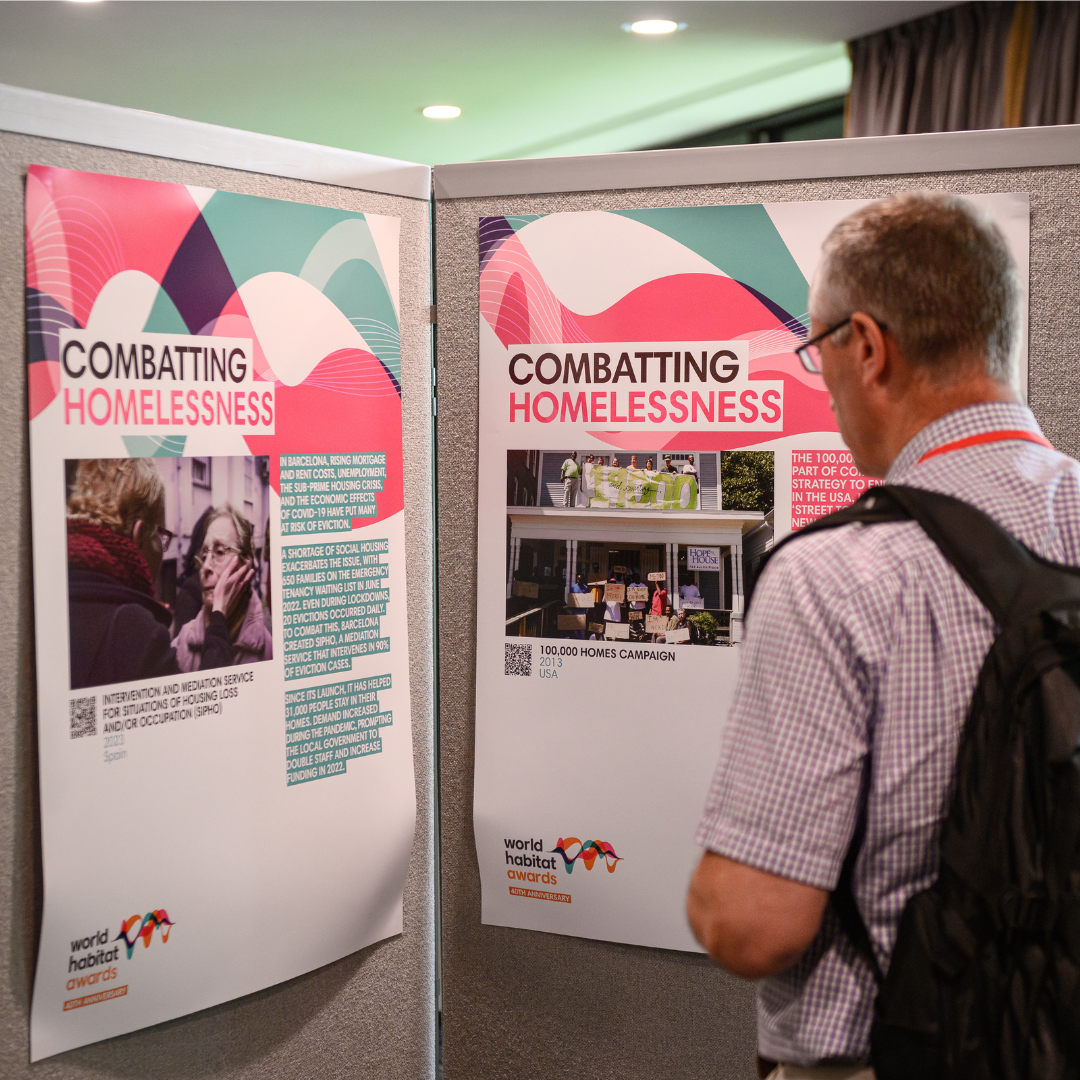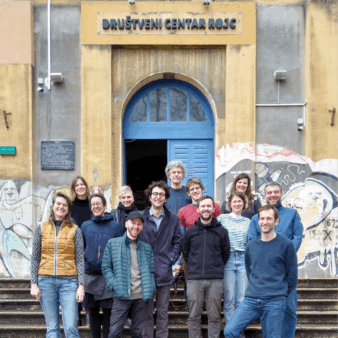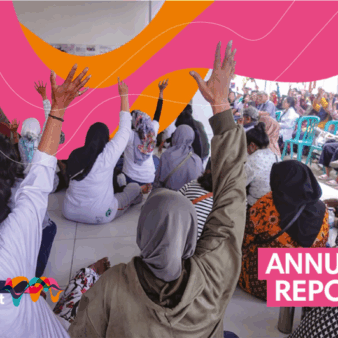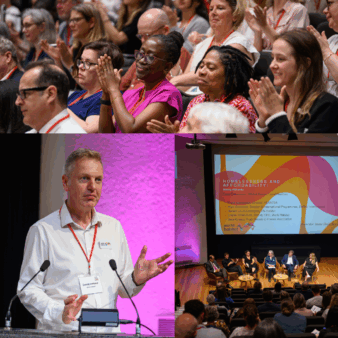
In many Central and Eastern European (CEE) countries, responses to homelessness have long focused on emergency shelters and temporary fixes. Evidence shows that Housing-led approaches work—but without strong national systems like Finland’s, real progress depends on local leadership.
A shift to housing-led systems and practice is happening across Europe, led increasingly led by progressive municipalities that recognise housing is a human right and allowing someone to become homeless is not acceptable. Cities like Lyon and Lisbon have established Housing First teams or partnered with NGOs to deliver housing-led programmes. Others, such as Barcelona and Lisbon, are going further, investing in the more effective and cost-efficient approach of prevention to stop homelessness before it starts.
In CEE, progress is slower but growing. Many cities in the region are still caught in a cycle of emergency provision due to a shortage of affordable housing and limited resources. Decades of privatisation and underinvestment have weakened public housing systems, and national frameworks do not support housing-led solutions. Still, change is happening and things are beginning to shift. More municipal leaders are now committed to housing-led approaches, expanding access to affordable homes and creating fairer and equitable cities and towns for the people they serve.
At World Habitat, we’re also committed to support this shift. Our 2022 feasibility study, led by the Metropolitan Research Institute and the Budapest Institute, outlined how countries in the region could move away from emergency responses. The research highlighted the need for local governments to prioritise affordable housing, transition to housing-led models, work with aligned partners, and engage in national and EU-level planning and funding.
We’ve now been working with cities and NGOs across the region to put these recommendations into action. At the recent International Social Housing Festival in Dublin, we brought together municipalities and NGOs from across CEE to share examples of what’s already working and explore how the EU can help expand this progress.
Budapest is one example. A new social rental agency has been launched to link private landlords with people in housing need. Inspired and led by our long-time partner From Streets to Homes Association, the model is proving particularly effective in a city with limited public housing but many vacant private units, and has already secured permanent housing for over 350 people.
Bratislava is taking a comprehensive approach: 2025 World Habitat Awards silver winner STOPA is renovating empty buildings, creating a city-run rental agency, and forming public-private partnerships to increase affordable housing. It’s now preparing to launch the Bratislava Housing Organization to manage and allocate housing more strategically — an example of how cities can drive system-wide change.
In Pula, Croatia, the municipality has partnered with Aja, a Housing First NGO, to fund and run a housing-led programme. Aja is now training others in Croatia and nearby countries, spreading good practice and peer learning — as our research recommended.
This growing shift is also being supported by regional and international networks. The Housing First Europe Hub is training and connecting housing practitioners across the continent, and national platforms like the Platform for Social Housing in Czechia are backing this shift with training and policy work. Cities like Brno are showing strong results thanks to this support.
These examples show that the research recommendations aren’t just theory — they’re already being realised by committed local leaders and through partnerships. But scaling up remains a major challenge. Many cities still face deep structural barriers: limited housing supply, ageing infrastructure, rising costs, and restricted access to EU funding. These problems can’t be solved by local action alone.
That’s why the EU’s role is so important, and our research included EU level recommendations on embedding housing-led policies, monitoring progress, investing directly in cities, and supporting better data and evidence. While local governments are showing what’s possible, the EU is uniquely placed to support and accelerate this change on a broader scale.
The foundations already exist — through the Lisbon Declaration, the European Pillar of Social Rights, and the European Platform on Combating Homelessness. Momentum is building, with the EU preparing new action plans on social rights, poverty reduction, and affordable housing. Fifteen city mayors have called for a €300 billion Affordable Housing Fund and for the EU to back municipalities with the funding and tools they need.
At World Habitat, we’re committed focused on to helping this shift succeed — by sharing evidence, supporting local leaders, and connecting good practice across Europe. With the right tools, commitment and support, cities can transform their housing systems and make real progress towards ending homelessness.
We’ll be hosting an event for progressive municipalities working on housing-led solutions on 7 October 2025. If you’re interested in joining or would like more information, please contact ella.hancock@world-habitat.org.




Join the discussion